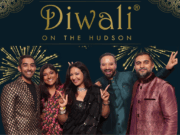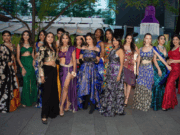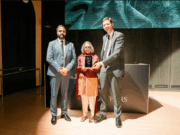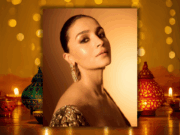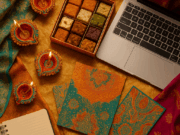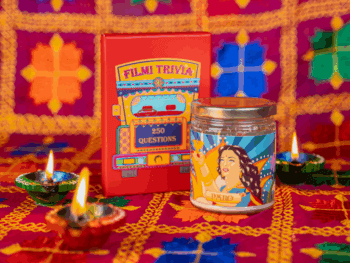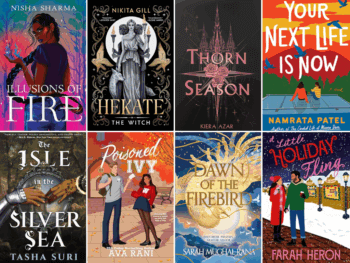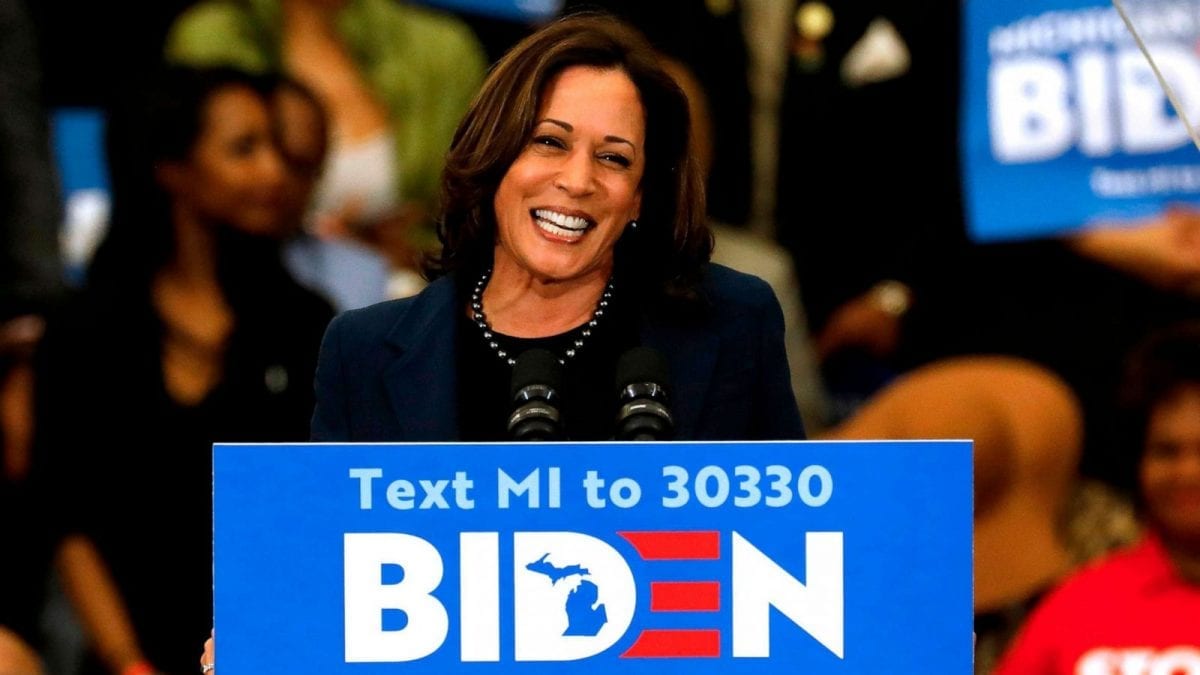
South Asian Herstory: Why Kamala Harris Is The Risky Choice That This Election Needs
Lifestyle Dec 30, 2020
We continue our holiday series: Our #ICYMI Stories Of 2020 with Kamala Harris being the first woman of colour to be chosen as the Vice Presidential candidate and the history she made.
Barriers and ceilings are all broken with Kamala Harris being picked to be Joe Biden’s running mate, making her the first Black and the first South Asian woman to be the VP on the ticket of one of the most important Presidential elections of a generation.
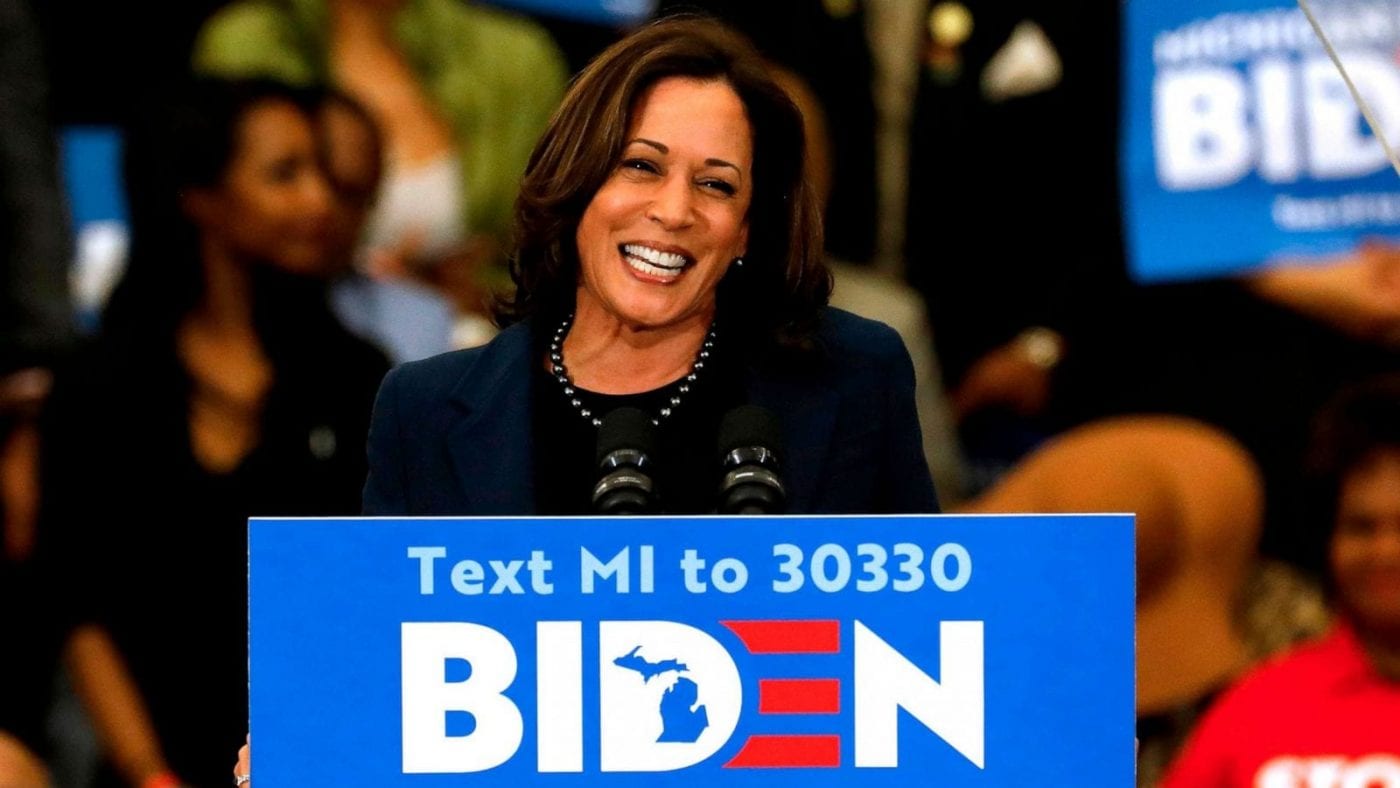
I dropped my phone when I saw the alert.
Kamala Devi Harris the former San Francisco Attorney General who also made a run this year for the Democratic Presidential nominee is breaking barriers yet again by being selected as the official Vice President nominee to run alongside Democratic Presidential candidate Joe Biden in this year’s Presidential Election.
I have been fangirling Harris, since her AG days, and then her stock (and my value of it) went up in 2017, when she became the first Black woman and the first South Asian woman to be United States Senator for California.
Senator Harris’ keen eye for detail and her pointed questioning skills during Senate hearings has become a popular spectator sport creating various viral moments on social media.
Now she’s on THE ticket and as a South Asian woman I am beside myself.
This year has definitely been one for the books and now that we are seeing the earth shift beneath our feet from such a risky and possibly game changing move.
Why do I view this as risky?
Well first, she’s a woman. In the 2016 election, Hillary Clinton lost. Even though she was a polarizing figure who carried plenty of baggage, in addition to being a female, the misogynistic media coverage didn’t help either. Late last year, while the Democratic Party were busy selecting their official Presidential candidate, we were celebrating America’s societal evolution with the record number of female Democratic contenders. However, the “most powerful country in the world” stalled when it came to nominating a female Democratic nominee. Case in point: The two strongest candidates in my opinion, Kamala Harris and Elizabeth Warren both had to bow out due to lack of support and dearth of donors. To put it plainly: if either of them had a penis, they would be where Joe is now. Let me rephrase that: If Warren had a penis she’d be where Joe is right now. Because let’s be real here. Harris would have been a long shot for all the wrong reasons. So in hindsight, it’s clear that we were naive in our perception of America’s progressive stance towards gender equity when it comes to their politics.
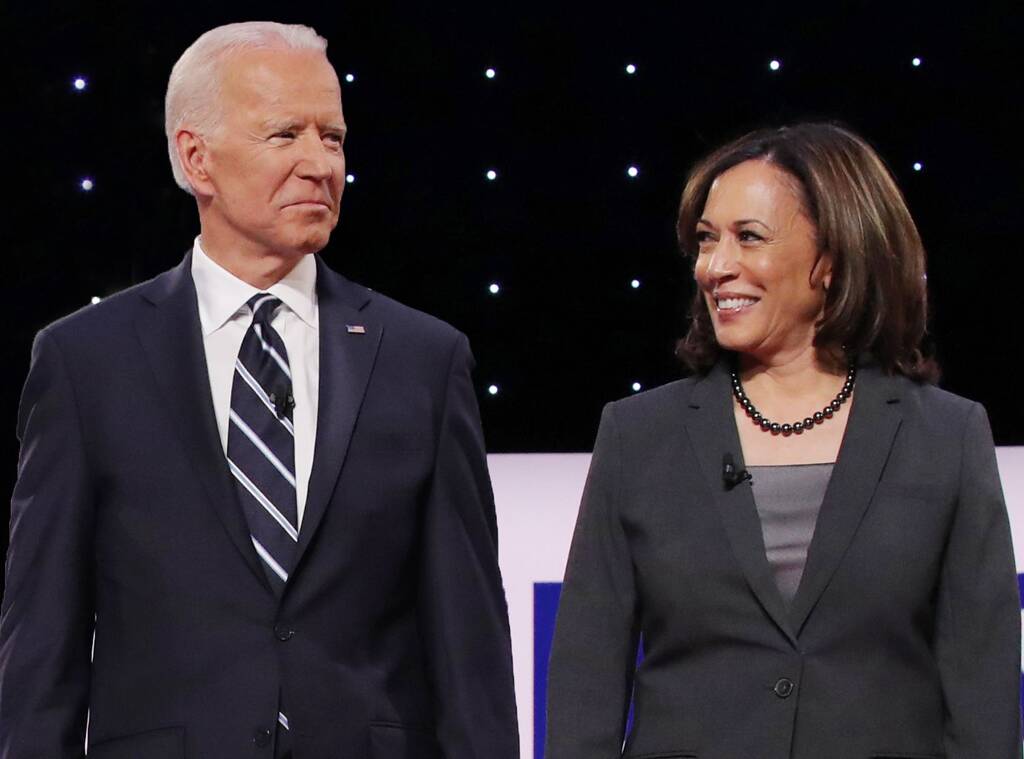
Another layer to this argument is the fact that during Biden’s short list selection process, word leaked from his camp that key campaign aides found Harris to be “too ambitious”. Which immediately became another example of the double standards that women face in public arena. Remember when the last male nominee for Vice President was being labelled as too ambitious? Exactly.
Secondly, there’s her biracial heritage. When it comes to South Asian political players, we have come a long way in a relatively short period of time with Bobby Jindal and Nikki Haley. However Kamala comes to the table with a unique perspective. A daughter of a Jamaican father and an Indian mother, she was raised exposed to both cultures. Her parents divorced at a young age (she was 7) which led her mother Shyamala Gopalan Harris a breast-cancer scientist and a civil rights activist, focused on keeping her daughters Kamala and Maya connected to her Desi culture. They cooked Indian food, wore Indian jewelry and made frequent family trips to India. As per Kamala’s recently-released autobiography The Truths We Told she and her sister were connected to their Indian culture, thanks to their mother. Her mother also recognized and respected that her daughters openly identified themselves as Black girls and now as Black women.
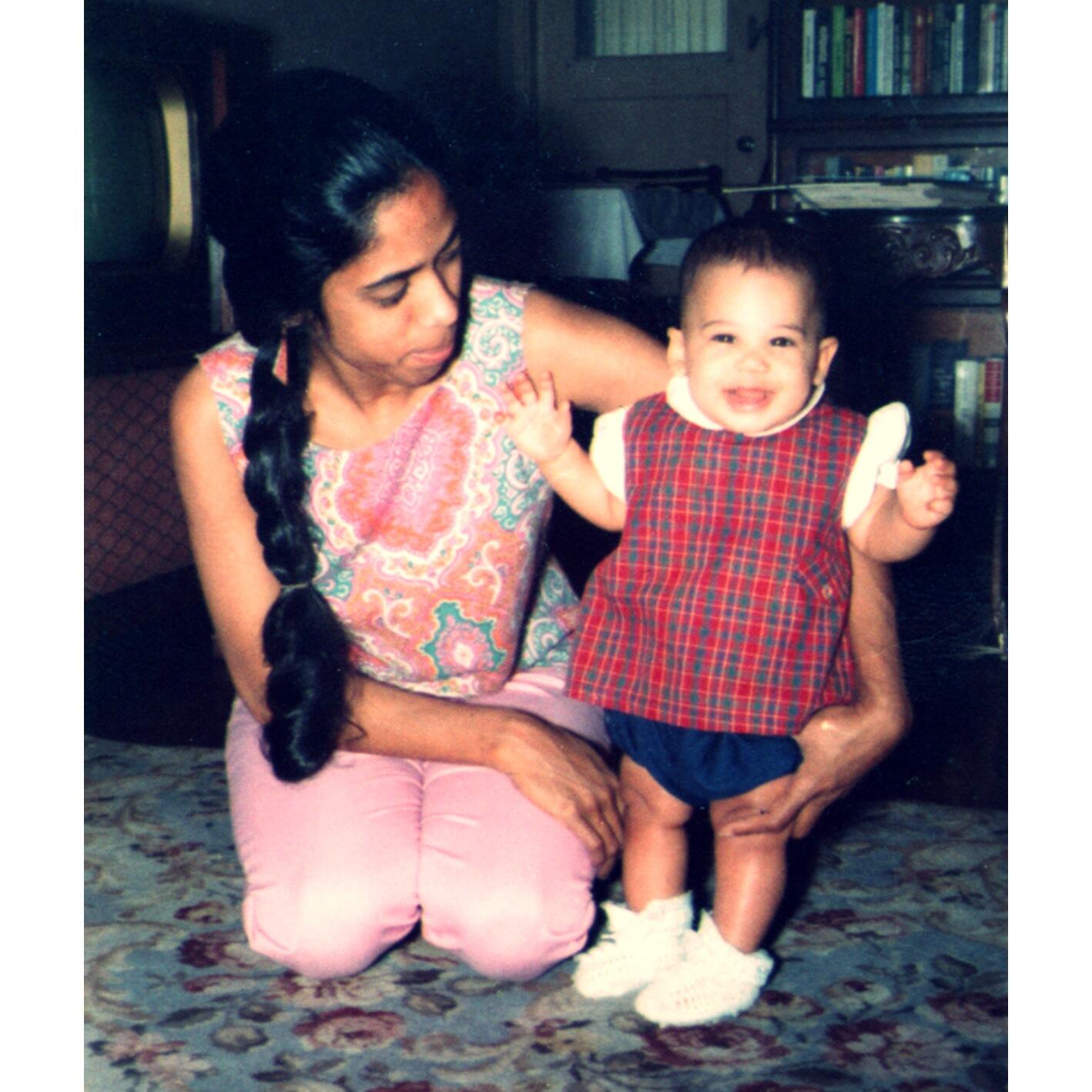
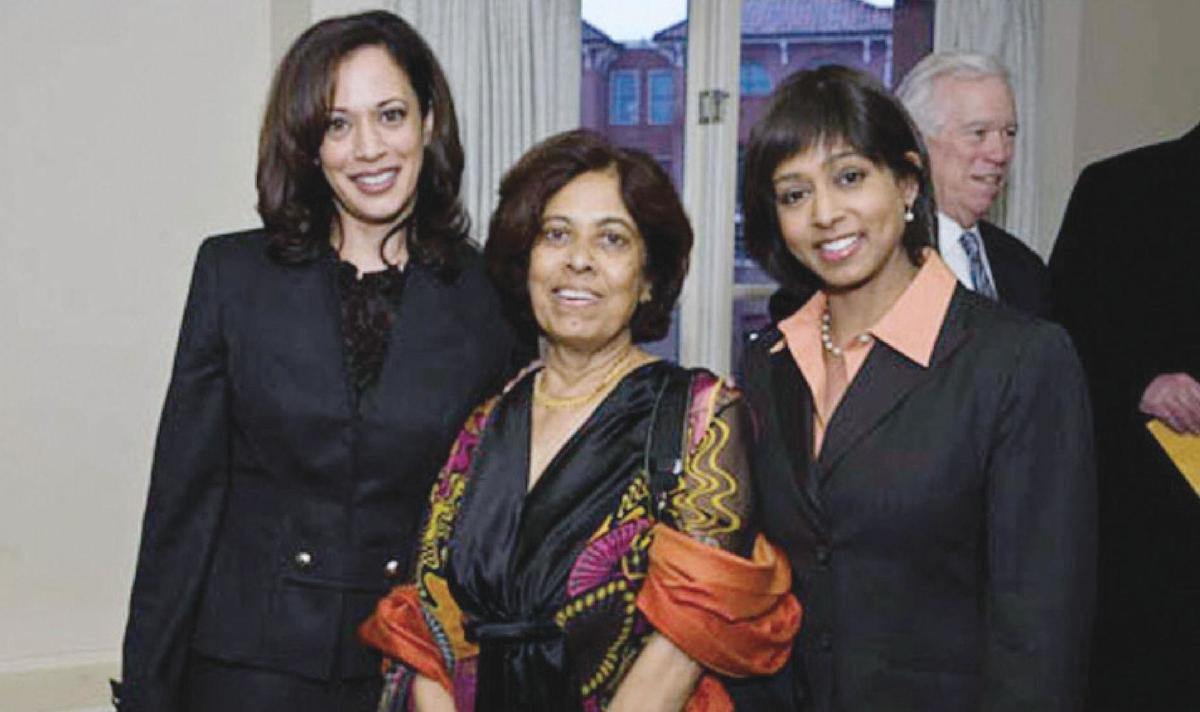
Even though during the Democratic nomination process, history was made yet again with not one but two women of South Asian heritage on the debate stage with U.S Representative for Hawaii’s 2nd Congressional District, Tulsi Gabbard joining Kamala. Even with that, we still didn’t realize how woke we weren’t until the summer, when BLM had us all vibrating on a higher level. And that’s when Kamala’s Black and South Asian multi-ethnicity — a striking combo that none of us would have even dared to dream would enter our political lexicon, even as recently as 4 years ago — has us celebrating for so many reasons right now when looked at through the lens of this summer’s theme of smashing the status quo.
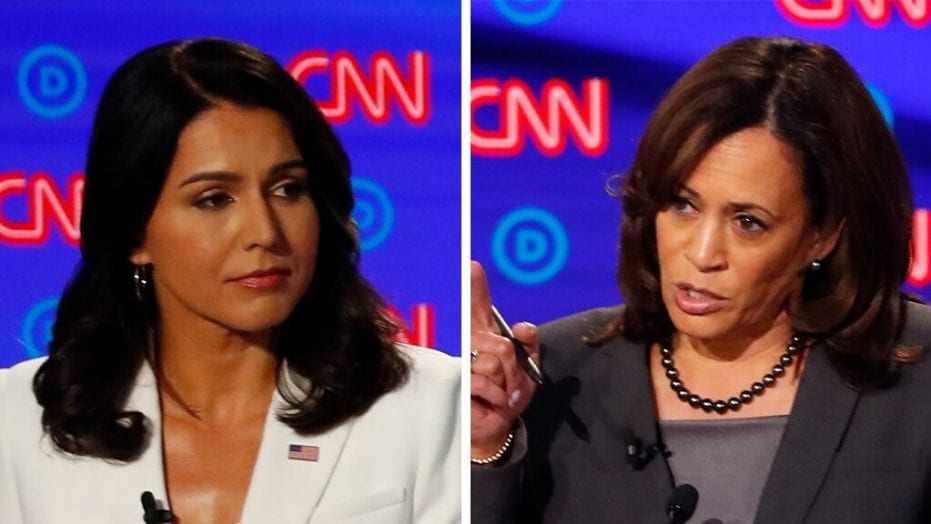
Whether Kamala is the right choice when it comes to policy is an argument I’ll leave for another day. What’s not up for debate is the fact that generations leading up to and including mine (Gen X), grew up watching binary choices being presented when it came to ethnicity and politics. These choices were really limited to white or Black, with the latter option being rare exceptions (and long shots) when you examine the history of American presidential nominees. It wasn’t until 2008 when Obama broke that electoral (and prejudicial) pattern thanks to the audacity of hope.
So Kamala in my opinion is definitely a risky choice. But in the context of the kind of year we’ve been having, risk brings exactly the jolt of electricity that’s needed. So the answer to that question is yes, this risk will definitely have it’s rewards.
I’m ready to celebrate Kamala. And we all should be too.
Main Image Photo Credit: www.ktla.com
Hina P. Ansari
Author
Hina P. Ansari is a graduate from The University of Western Ontario (London, Ontario). Since then she has carved a successful career in Canada's national fashion-publishing world as the Entertainment/Photo Editor at FLARE Magazine, Canada's national fashion magazine. She was the first South Asian in...





